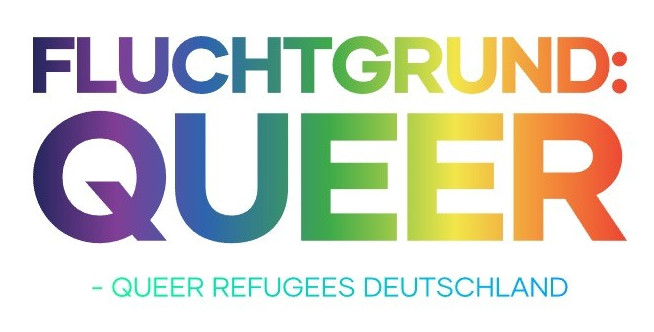ECJ declares preclusion periods for filing follow-up asylum applications as inadmissible
The ECJ thus confirms the approach/procedure that is also applied in Germany, according to which circumstances that were not presented in the initial application due to gross negligence, cannot be taken into account in the follow-up application. However, the Court clearly rejected the application of preclusion periods for the filing of follow-up asylum applications. EU member states cannot require asylum seekers to submit new information within a specific time limit, which starts to run from the moment this information is obtained. As a result, asylum authorities and courts may no longer reject follow-up applications by, for example, queer asylum seekers as inadmissible merely because they should have submitted them within a certain period. The three-month deadline previously applicable in Germany under Section 51 of the Administrative Procedure Act (VwVfG) is thus inadmissible for follow-up asylum applications.
The background of the submittal of these questions from the Austrian Administrative Court to the ECJ was the follow-up asylum application of an Iraqi refugee. He had already filed a first asylum application in July 2015, but did not come out as gay in the proceedings. His first application was therefore rejected in January 2018. In December 2018, he then filed a follow-up asylum application, this time citing as a new reason for seeking asylum that he was gay and therefore feared persecution in Iraq. It was only starting from June 2018 that he had realized that he could profess his homosexuality in Austria without fear of persecution. In January 2019, however, the Austrian Federal Office for Immigration and Asylum (BFA) rejected his follow-up application as inadmissible, upon which the Iraqi filed an appeal before the Austrian Federal Administrative Court (BVwG), which, however, in essence rejected it as well. He then appealed to the Austrian Administrative Court (VwGH), arguing that the new fact was not the homosexuality itself, but his now given ability to articulate it. The VwGH, in turn, decided to suspend the proceedings and ask the ECJ which conditions must be met for the admissibility of such a follow-up asylum application.
In its ruling of September 9, 2021, the ECJ strengthens the rights of queer refugees who did not come out in the initial procedure, although they were already aware of their sexual orientation or gender identity. If their asylum procedure is finally concluded negatively, they still have the chance to go through a follow-up procedure even months and years later, in accordance with the ECJ ruling. The prerequisite for this is that the refugees were not able to present their sexual or gender identity as a reason for flight in the initial procedure through no fault of their own. Queer refugees who did not come out in the initial procedure due to fear or shame should therefore make sure to show how this fear and shame made it impossible for them to present the true reasons for seeking asylum in the initial procedure when applying for a follow-up procedure. Since the vast majority of refugees coming to Germany come from countries where queer lifestyles are considered a crime, a sin, a disease or a disgrace by the majority society, it can be assumed that many queer refugees are not able to present their sexual orientation or gender identity at all in the initial proceedings.
